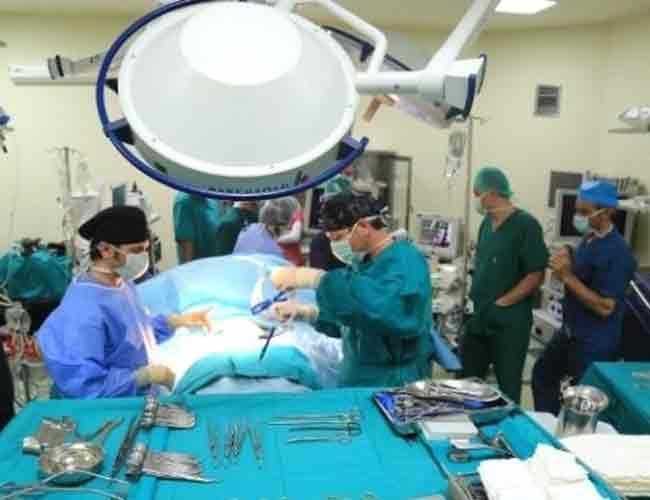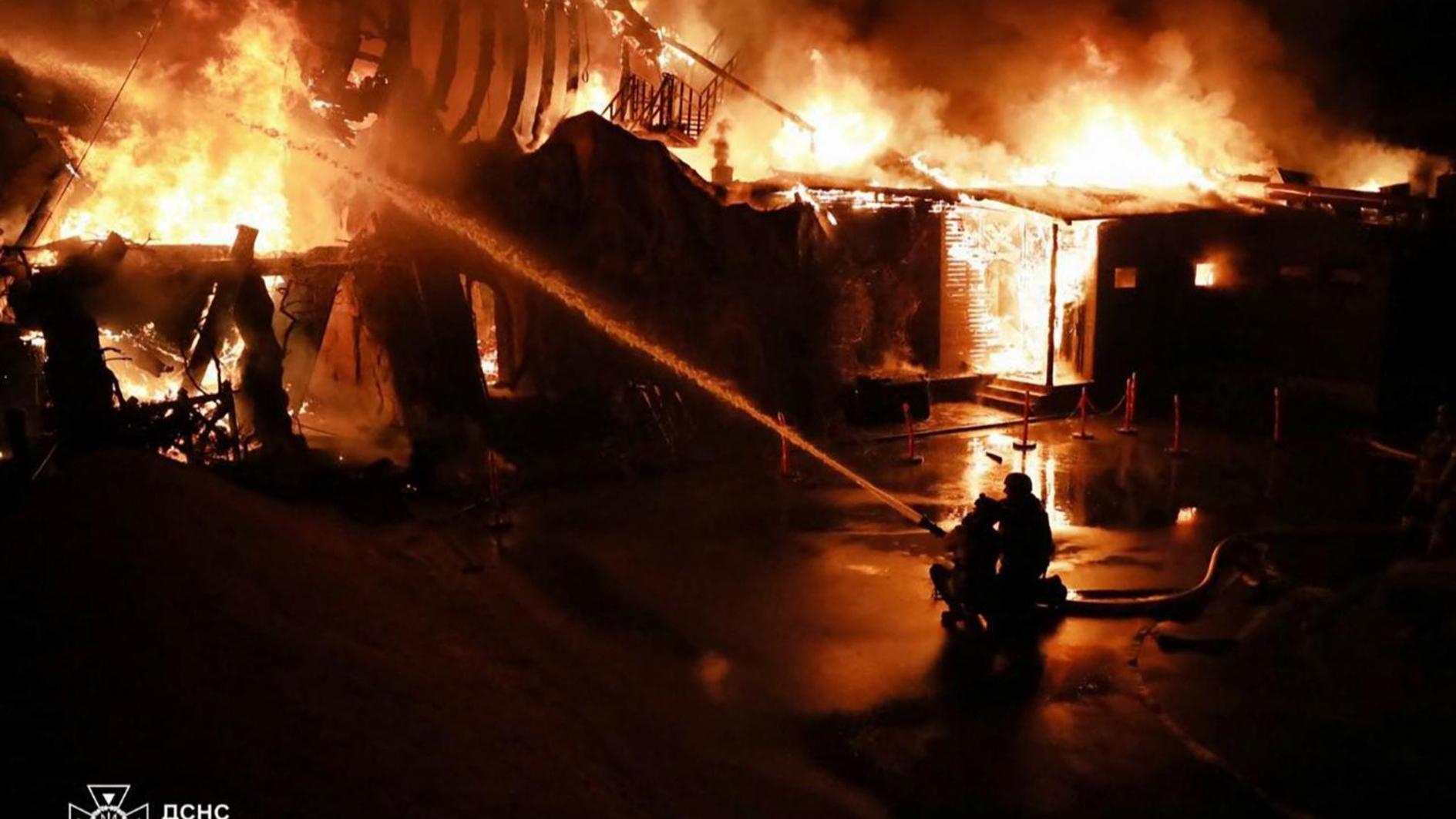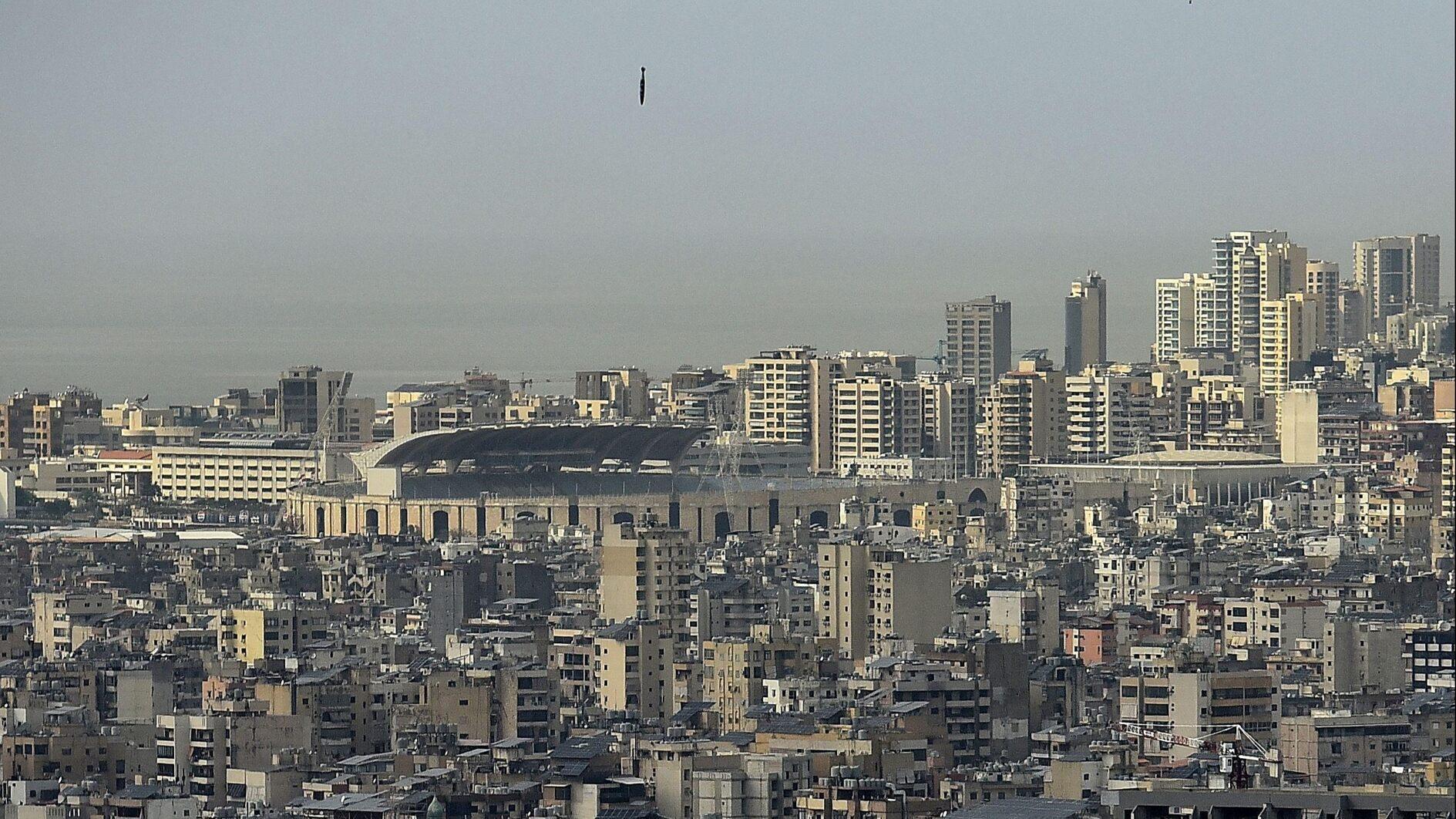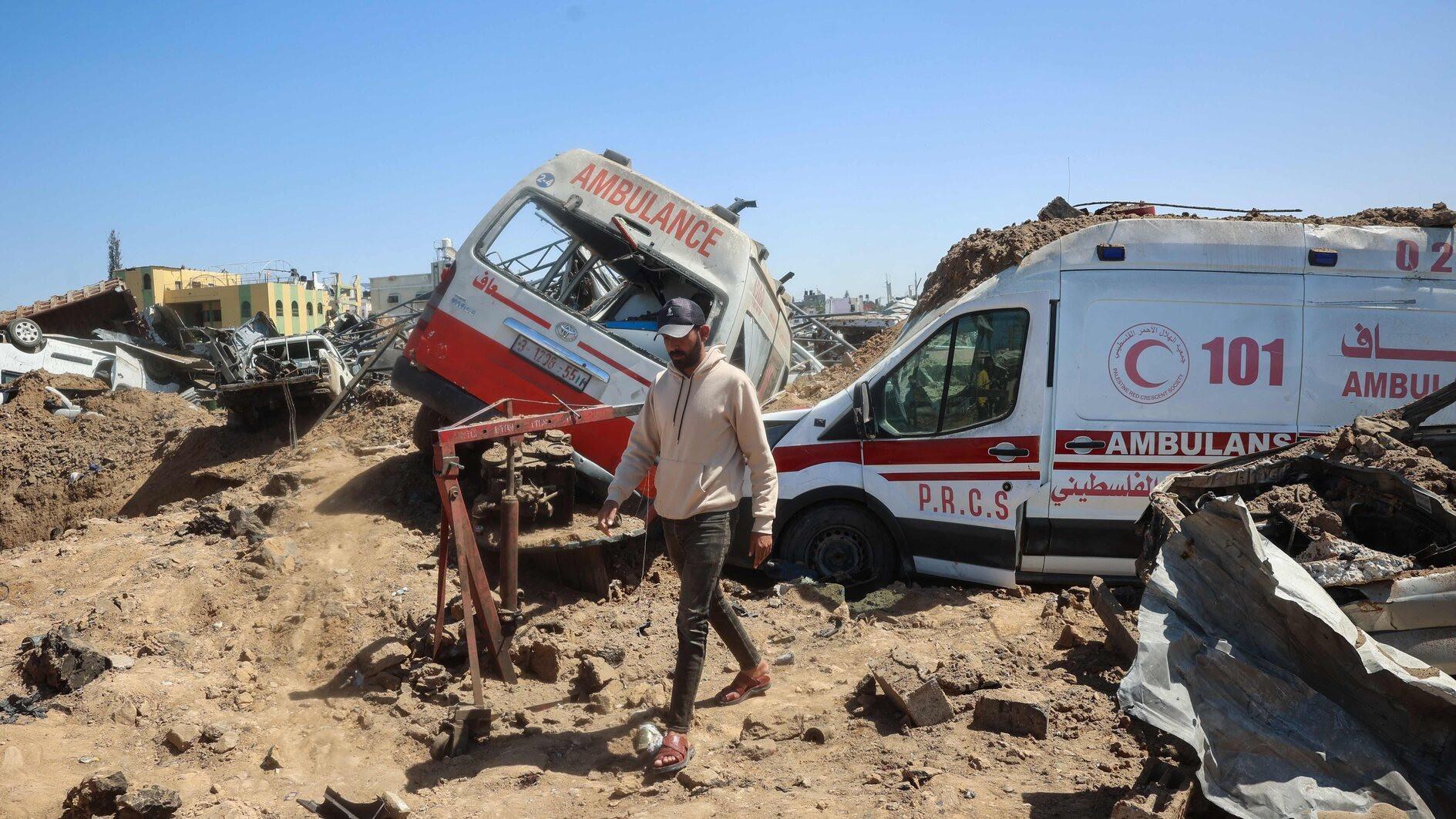Junior doctors opt out of surgical fields in Turkey
Mesude Erşan – ISTANBUL

Doctors in Turkey are refraining from specializing in medical fields that require them to perform surgeries amid a rise in violence against medical personnel, intense work shifts, lawsuits launched against doctors and unsatisfactory paychecks.
Medical school graduates are leaning towards fields where there will be minimal interaction with patients and their relatives, given the increase in violence against medical staff, especially in emergency services, in Turkey.
Radiation oncology, ophthalmology, dermatology, physiotherapy, rehabilitation and nuclear medicine are on top of the list for junior doctors.
According to an assessment report regarding the Turkish Medical Specialty Exam (TUS), those who scored high marks in the most recent examination mainly preferred medical microbiology and dermatology as their specialization fields.
The exam’s system determines the scores in accordance with preferences. As the demand for a field increases, the scores of that field increase correspondingly.
With a drop in preferences for surgical fields, in the spring exam of TUS, the score required to choose dermatology rose to 70.29, while the score for neurosurgery and cardiology decreased to roughly 53 points.
“Many [doctors] resign from working in surgical clinics in their first three months. These resignations hinder the works of surgical fields in university hospitals,” Ali Rıza Tümer, a forensic expert, told daily Hürriyet, adding that he too preferred forensics to general surgery.
“Primary and secondary care state hospitals refrain from operating patients at higher risks. They refer the case to university hospitals in order to abstain from any possible lawsuits,” he added.
A psychiatrist said surgical fields lack finding drastic solutions to the problems and focus mainly on performing operations.
“The healthcare system in Turkey is patient-oriented and populist,” the psychiatrist added.
The increase in lawsuits regarding complications and malpractice, violence against doctors and low pay prompt junior doctors to choose fields in which their interactions with patients are minimal and where there are low risks of complication, according to Sinan Adıyaman, the head of the Turkish Medical Association (TTB).
“In the future, we may not find surgeons to entrust ourselves. Employee rights must be improved to prevent getaways [from surgical fields],” Adıyaman added.
According to Mehmet Faik Özçelik, a faculty member in Istanbul’s Cerrahpaşa Medical Faculty, refraining from having close contact with the patient is a case of defensive medicine.
“Doctors think ‘I should not do it, I do not want to bear the brunt of this.’ At this point, patients with tumors take a long time in finding doctors. They [patients] are facing minimal and palliative attempts,” he added.
The striking deficiency in the number of assistants critically hinders the improvement of scientific works in surgical fields, said Mustafa Yılmaz, the head of the cardiology department at Ankara’s Hacettepe Medical Faculty.
“If the number of assistants continues to decrease, patients will not be able to find doctors in surgical fields,” said Ali İhsan Ökten, the secretary-general of Turkey’s neurosurgery association.
















